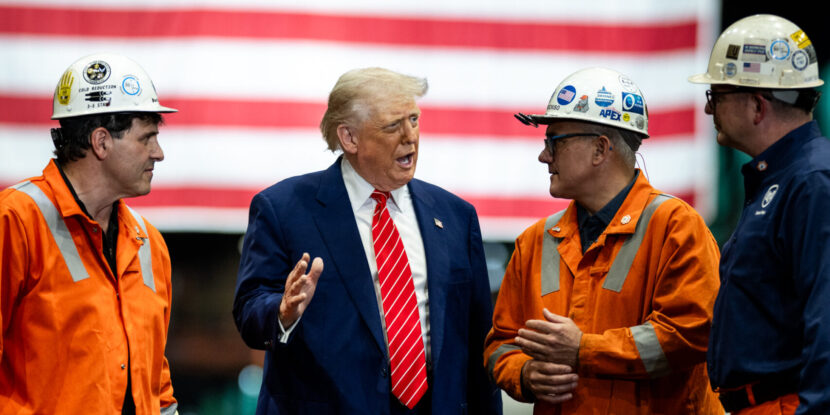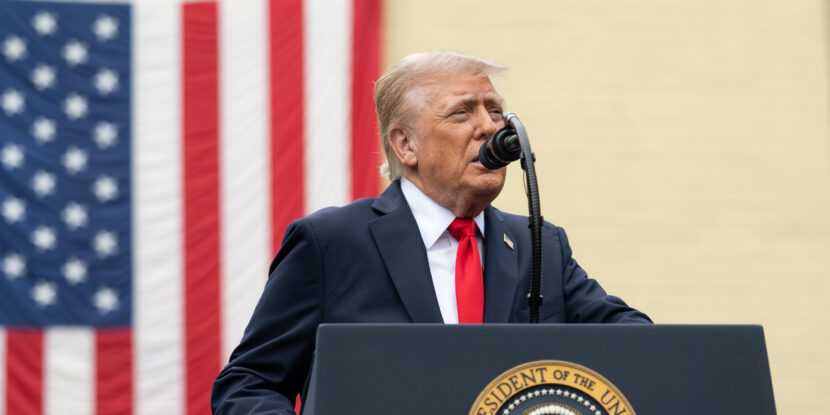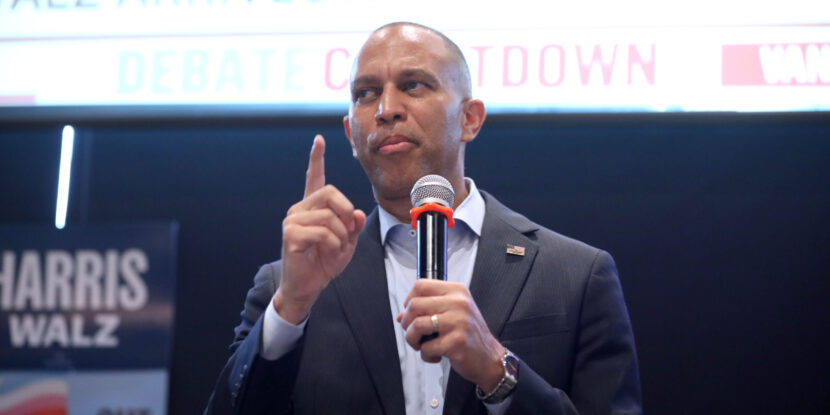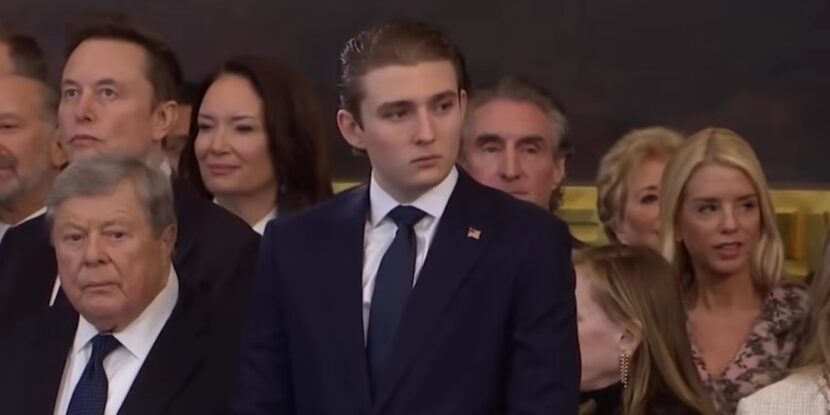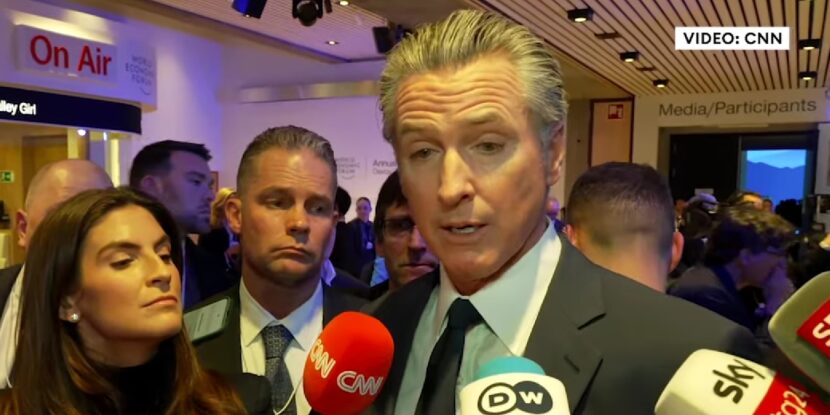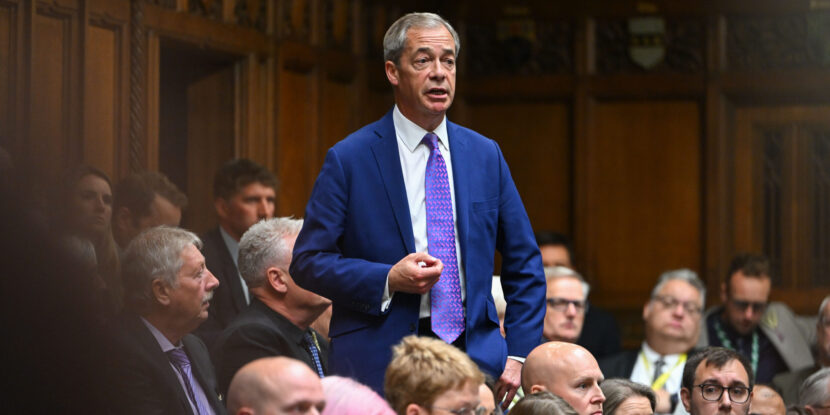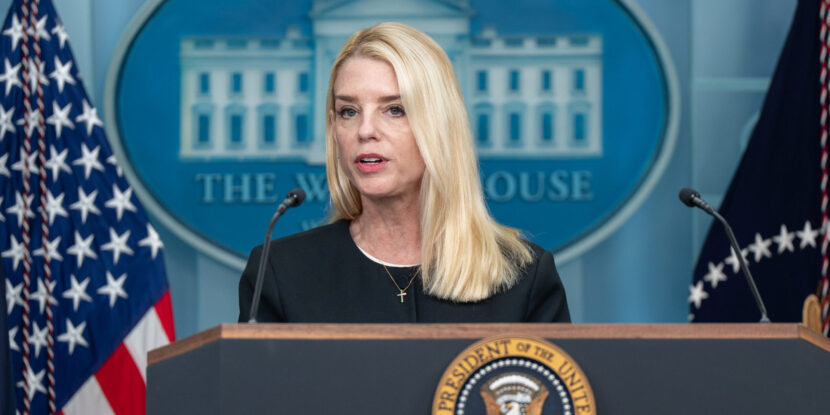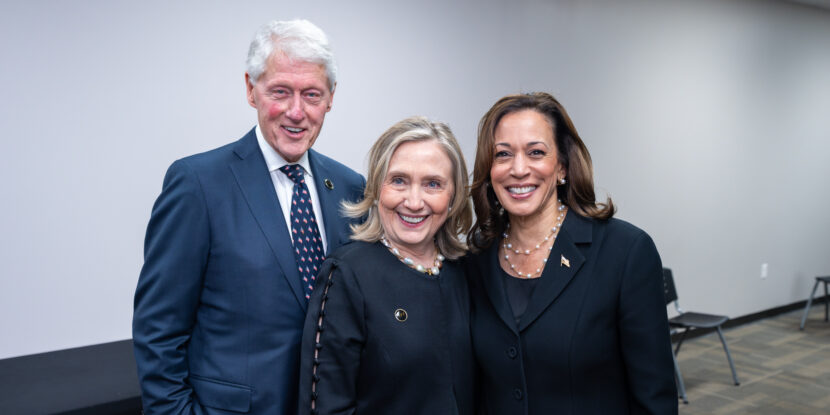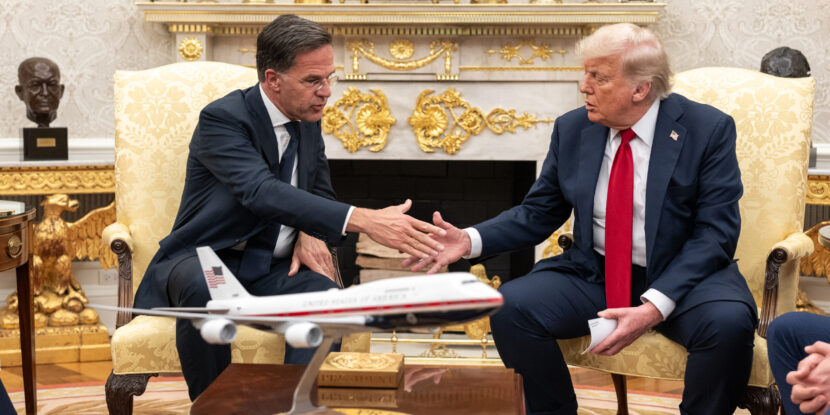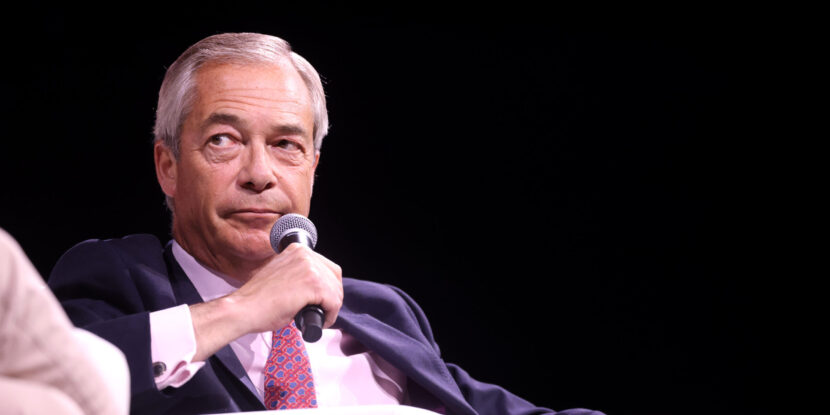❓WHAT HAPPENED: Two of the largest alleged H-1B visa mills, Cognizant and Tata Consultancy Services, appear to be backing away from their practice of employing unusually high numbers of foreign workers after President Donald J. Trump imposed a $100,000 fee on new H-1B visa applications.
👤WHO WAS INVOLVED: President Trump, Cognizant, Tata Consultancy Services, foreign workers, and American workers.
📍WHEN & WHERE: The shift in hiring practices comes after President Trump issued an Executive Order in September, instituting the new application fee.
💬KEY QUOTE: “On H-1B, we have significantly localized our workforce in the U.S. We believe our business model will be able to adapt quickly to any changes in immigration policy.” — Sudeep Kunnumal, Tata’s chief human resources officer
🎯IMPACT: The change in hiring behavior by Cognizant and Tata suggests the Trump administration’s H-1B application fee is having its desired effect, pushing companies in the U.S. away from being overly reliant on foreign labor and towards hiring Americans.
Several top U.S. employers are halting sponsorships for H-1B visas for non-technical positions after President Donald J. Trump issued an Executive Order in September imposing a $100,000 fee on all new visa applications. Notably, two major alleged H-1B visa mills, Cognizant and Tata Consultancy Services, are among the firms moving away from an over-reliance on cheap foreign labor.
“On H-1B, we have significantly localized our workforce in the U.S.,” said Tata’s chief human resources officer, Sudeep Kunnumal, on a recent earnings call. He added: “We believe our business model will be able to adapt quickly to any changes in immigration policy.”
The Trump administration’s new application fee likely had a direct impact on the company’s decision to move away from reliance on cheaper foreign labor, as data shows the multinational IT firm is one of the largest sponsors of H-1B visas.
Meanwhile, Cognizant—another IT consultancy firm founded in India along with Tata—has begun stating on new job postings that it will “only consider applicants for this position who are legally authorized to work in the United States without the need of employer sponsorship.”
The Trump White House has defended the unusually high fee compared to past administrations as necessary to encourage companies to focus on training and expanding the American labor force and its skill base.
Last week, The National Pulse reported that the U.S. Chamber of Commerce, a major globalist lobbying entity representing 300,000 corporate interests, had filed a federal lawsuit calling in the $100,000 fee. “Many members of the U.S. Chamber are bracing for the need to scale back or entirely walk away from the H-1B program, to the detriment of their investors, customers, and their own existing employees,” the Chamber complained in its filing.
Join Pulse+ to comment below, and receive exclusive e-mail analyses.
